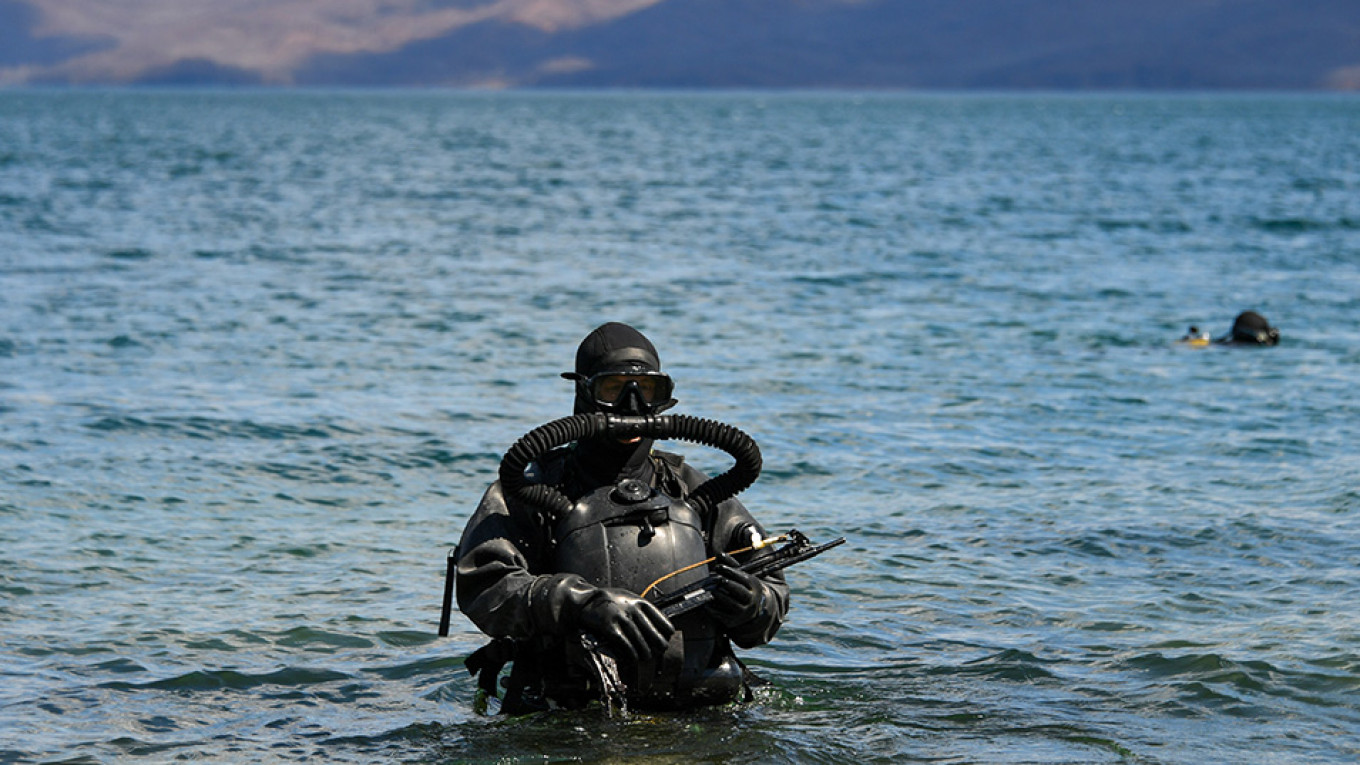Ireland’s police believes Russia has dispatched agents there to inspect undersea cables, raising concerns that they could tap or damage the cables at their weak points and thwart global communications, Britain’s The Times newspaper reported Sunday.
Britain and the United States have warned that the Russian Navy could disrupt over $10 trillion in daily transactions by attacking the fiber-optic cables crossing the world’s seas and oceans. Last year, Britain banned the export of submarines to Russia over national security risks including the alleged ability to cut the undersea cables which carry most global internet communications.
The agents sent to Ireland to map the precise location of the seabed cables connecting Britain, Europe and the U.S. are believed to be with Russia’s GRU military intelligence agency, The Times cited unnamed Irish police and military sources as saying.
Irish police and military also suspect the GRU of using the country as a base for gathering intelligence on British and European targets. Russia could be engaged in industrial espionage in Ireland, one of Europe’s leading tech hubs with internet giants Google, Facebook and Twitter housing offices there, The Times reported.
“[Russia] may wish to show their capability in order to threaten the West," John Sipher, a retired senior CIA agent who oversaw operations in Russia, was quoted as saying.
Security expert Mark Galeotti classified Ireland as “a relatively soft target” with nonexistent counterintelligence capacity and a high concentration of global internet assets.
"This is the new battle space of the future," The Times quoted Galeotti as saying.
In 2015, Russia’s Defense Ministry-owned news channel said that Russia’s deepwater naval forces can “both cut the special communication cables on the ocean floor and scan the signals they carry” in the event of active hostilities.
A Message from The Moscow Times:
Dear readers,
We are facing unprecedented challenges. Russia's Prosecutor General's Office has designated The Moscow Times as an "undesirable" organization, criminalizing our work and putting our staff at risk of prosecution. This follows our earlier unjust labeling as a "foreign agent."
These actions are direct attempts to silence independent journalism in Russia. The authorities claim our work "discredits the decisions of the Russian leadership." We see things differently: we strive to provide accurate, unbiased reporting on Russia.
We, the journalists of The Moscow Times, refuse to be silenced. But to continue our work, we need your help.
Your support, no matter how small, makes a world of difference. If you can, please support us monthly starting from just $2. It's quick to set up, and every contribution makes a significant impact.
By supporting The Moscow Times, you're defending open, independent journalism in the face of repression. Thank you for standing with us.
Remind me later.






